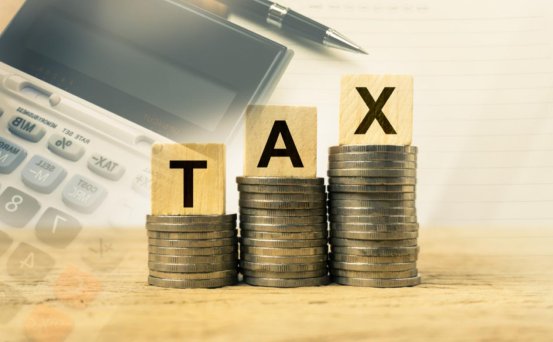Tax Savings Preparation Tips for 2025
Preparing for tax season can help you avoid last-minute stress and uncover ways to reduce your liability. With new changes in 2025, it’s essential to plan ahead and take advantage of every available opportunity to save money. Simple steps now can lead to better outcomes later.
Preparing for tax season can help you avoid last-minute stress and uncover ways to reduce your liability. With new changes in 2025, it’s essential to plan ahead and take advantage of every available opportunity to save money. Simple steps now can lead to better outcomes later.

Review Recent Tax Law Updates
Understanding tax code changes is key
Each year, the tax code is updated with modifications that may impact deductions, credits, or thresholds. In 2025, several changes affect retirement contribution limits, standard deductions, and business expenses. Staying informed helps you avoid surprises and ensures compliance. Consider checking IRS announcements or consulting a professional to understand how updates apply to your situation.
Maximize Contributions to Retirement Accounts
Take advantage of tax-deferred growth
Contributing to retirement accounts like 401(k)s, IRAs, or HSAs can reduce your taxable income. For 2025, increased contribution limits make it even more beneficial to fund these accounts fully. Even if you’re self-employed, SEP IRAs or solo 401(k)s offer great tax advantages. Not only does this support your future, but it also lowers your current year’s tax burden.
Organize Your Financial Records Early
Avoid the scramble with solid documentation
Keeping receipts, charitable donation proofs, investment records, and expense logs in one place throughout the year can make tax filing much smoother. Digital tools and apps can help track these automatically. If audited, having detailed documentation can protect you and ensure that you can justify every deduction and claim confidently.
Consider Timing for Income and Expenses
Strategic timing can offer advantages
For those with flexible income or deductible expenses, consider deferring income or accelerating expenses before year-end. For example, making business purchases or charitable contributions in December instead of January can influence your 2025 tax liability. Review your cash flow and work with a financial advisor to determine the smartest strategy.
Evaluate Itemized vs. Standard Deduction
Choose the method that gives you the highest return
In 2025, many taxpayers will benefit from taking the standard deduction due to its adjusted value. However, if you have significant deductible expenses like mortgage interest, medical bills, or large donations, itemizing could save you more. Compare both approaches carefully to find which method delivers the greater benefit.
Seek Professional Tax Guidance
The right expert makes a difference
Tax professionals not only file your returns—they help you strategize all year long. In 2025, with potential new deductions or credits on the table, having expert advice can unlock savings you might overlook on your own. Many offer initial consultations for free and can assist with more complex matters like investments, real estate, or self-employment.
How to Stay Ahead for Next Year’s Filing
Set reminders for quarterly reviews of your finances, keep digital backups of key documents, and track major life changes like marriage or property purchases. These events can affect your tax status. Staying organized throughout the year helps you approach tax season with confidence, accuracy, and better savings potential.